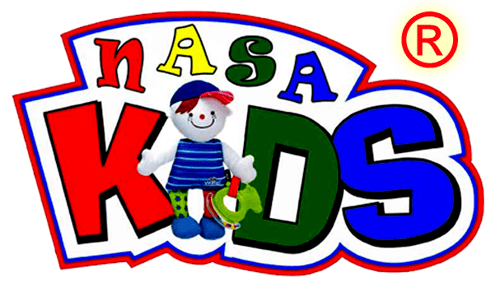What we do ?
Our schools prepare children for their entry into formal school. The first day of school can be quite traumatic for a child. Suddenly, he/she is thrust into a strange world from the warm cocoon that is home. At the age of 1.6 or 2 when the child goes to school for the first time, a lot is expected of him. Bawling children, clinging to their parents on the first day of school is a common sight. Our play school helps minimize separation anxiety & prepare children to face the world, as they are more self-confident and independent, they have improved interpersonal skills and better vocabulary.
Our schools also teach children to recognize their own possessions. Soon a child will learn to identify his schoolbag, learn the mealtime routine that involves opening a lunchbox, folding a napkin and putting everything back after the meal is over and so on. Now this may not seem like a great achievement, but by the standards of toddler behaviour, it is. Children are not born with these skills, they have to develop them. And this is where that our school steps in to help parents out. Another advantage is that a child's language skills develop faster as they interact with many children of their own age and a little older.
Most parents give their children plenty of attention in terms of looking after their basic needs and showering them with toys to entertain them. In our play schools, however, children are provided with the 'right' toys, i.e. those appropriate to their stage of development. Also, their play is guided so that it becomes a learning experience.
Our system is based on the belief that each child is an individual with unique needs, interests and patterns of growth.
Our education programmes maintain a close relationship with the home and parents and are intended to introduce children to the social environment of school and concentrate on the basic skills of co-ordination. Activities are often expanded to include alphabetic and numerical orientation.
Research in a number of countries (including the US) has shown that children who attend pre-school usually progress at a faster rate than those who don’t.
Play / Nursery school is highly recommended for all children, particularly those whose parents’ mother tongue isn’t English. After even a few months in nursery school, a child is well prepared for elementary school (particularly when English isn’t spoken at home).
